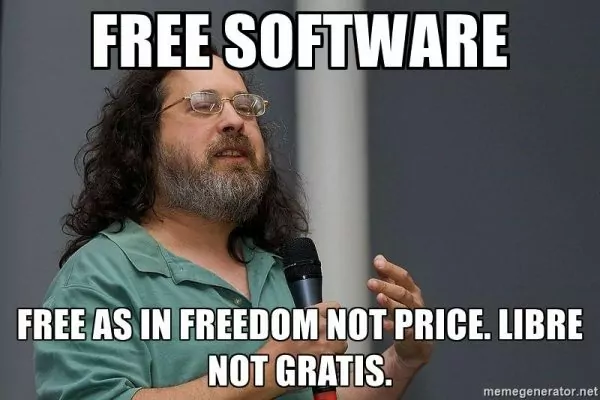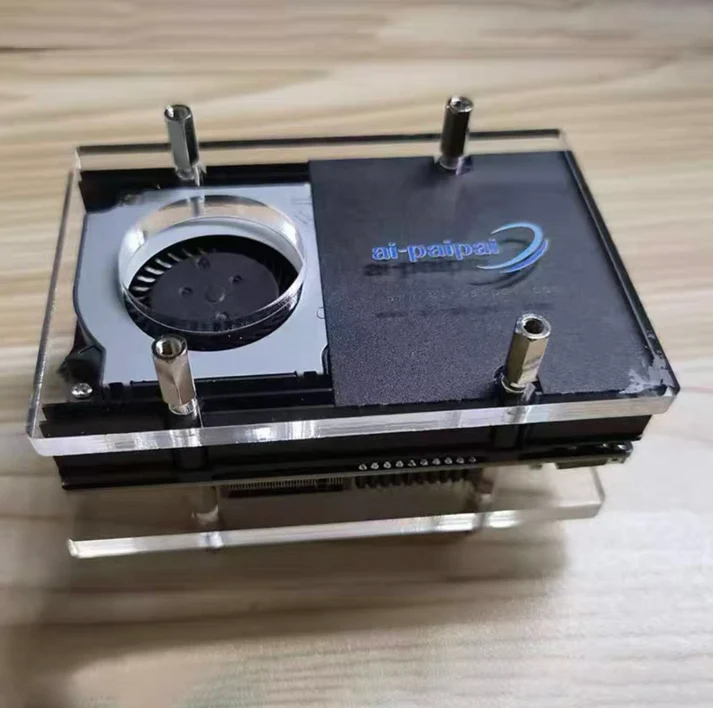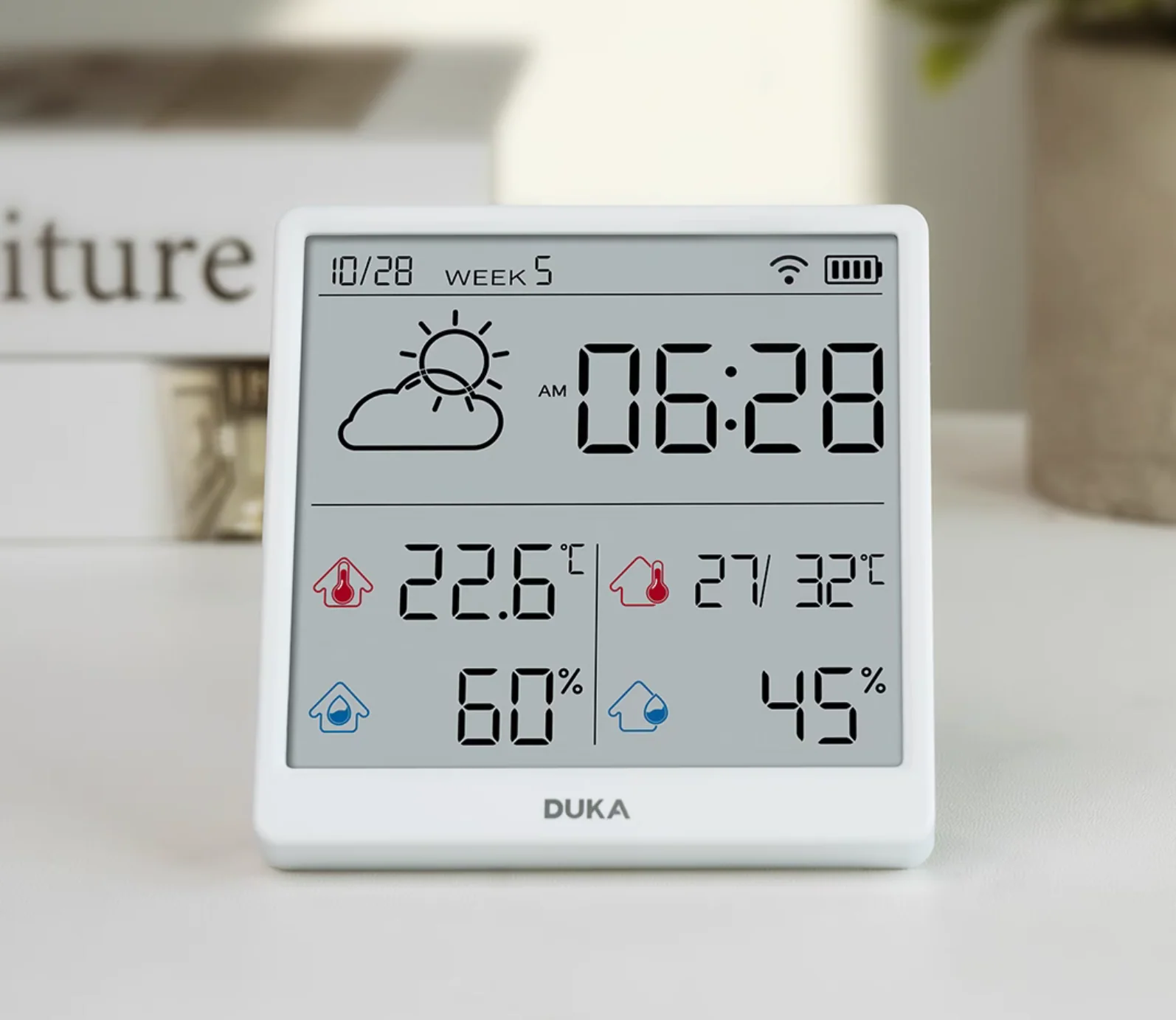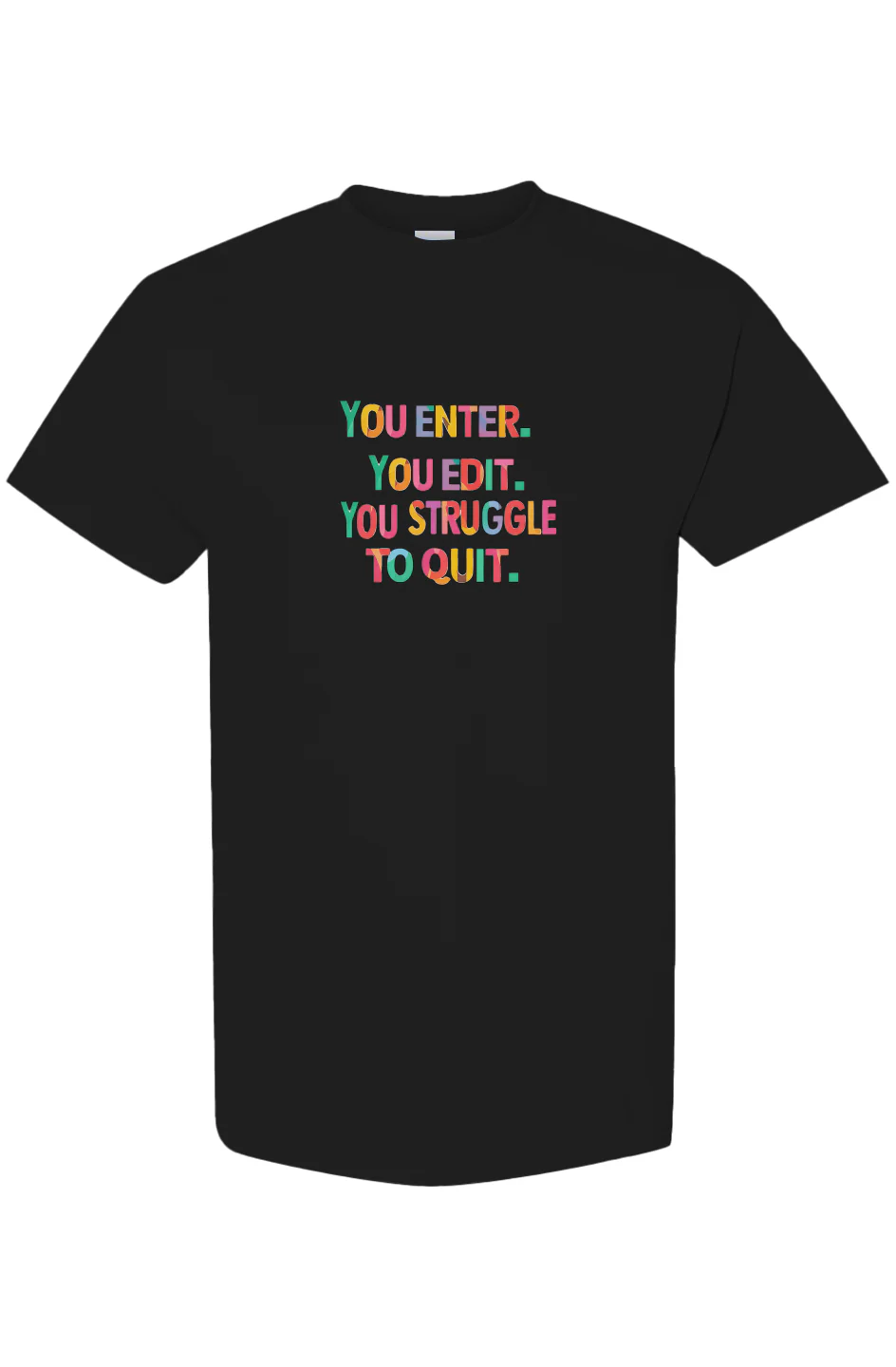We often talk about cyberpunk as if it’s a future that hasn’t arrived yet — dystopian cities drenched in neon, rogue hackers, mega-corporations, and synthetic realities. But if you look closely, we’re already living in it. The surveillance is real. The monopolies are real. The technological dependency is total. And in this environment, software freedom is not just an ideal — it’s one of the few lines of defense left for individuals.
But first, let’s draw a clear line: Open Source is not the same as Free Software.
Open Source is about development models. It’s about better engineering, collaboration, transparency. It encourages companies to share code when it benefits them — to attract developers, to improve interoperability, or just to market themselves as "open." But these are business decisions. They have nothing to do with user rights.
Free Software, as defined by the Free Software Foundation, is not about convenience or speed of development. It’s about freedom. Freedom to run software for any purpose. Freedom to study how it works. Freedom to change it. And freedom to share it.
That difference matters. Because in a world where your phone, your car, your job, and your identity all rely on code, the question isn’t just "does the code run well?" It’s "who controls it?"
When a corporation can revoke access, push silent updates, or monitor your every move, then even the best, most elegant software becomes a threat. Open Source can still be used against you. Free Software gives you the legal and technical right to fight back.
Some say this is a purist stance. Maybe it is. But the alternative is worse: dependency without recourse. If your entire digital life is built on services and systems you can’t inspect or modify, then you're not a user — you're a tenant. One policy change, one service shutdown, and you’re out in the cold.
In the cyberpunk world we now inhabit, freedom isn’t just a political word. It’s survival. You don’t need to be a hacker to care. Free Software means artists can still make art, journalists can still report the truth, and citizens can still communicate privately. It’s about preserving the ability to act — to fix, to fork, to flee — when things go bad.
And things will go bad. We’ve already seen AI models trained without consent, entire industries locked into proprietary platforms, and governments unable to audit the code they depend on. The only reliable way forward is to ensure that some part of the infrastructure — the part you rely on — remains yours.
Free Software isn’t about going back to 1990s Linux desktops. It’s about securing the foundations of the future. It’s about ensuring that, when the cloud goes dark or the gatekeepers change the rules, you can still run your machine, build your stack, and carry on.
In a world that increasingly belongs to machines and markets, Free Software is one of the last tools that belongs to people.
Good to read:
Cyberpunk and Politics: Neon Dystopias, Power, and Resistance
Save Your Future, Revisited: From Survival Guide to Privacy Manifesto
Books (Amazon affliated):
The Age of Surveillance Capitalism
The Age of Disruption: Technology and Madness in Computational Capitalism
The Imperative of Responsibility: In Search of an Ethics for the Technological Age




